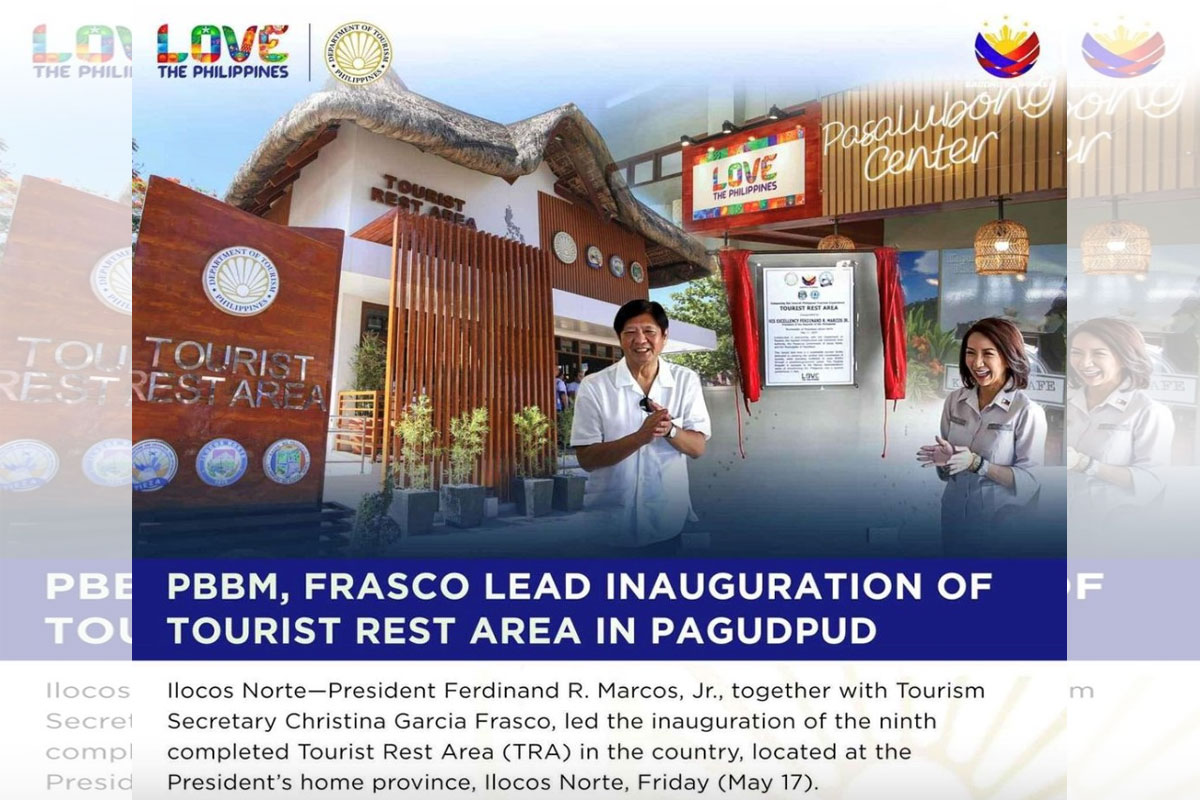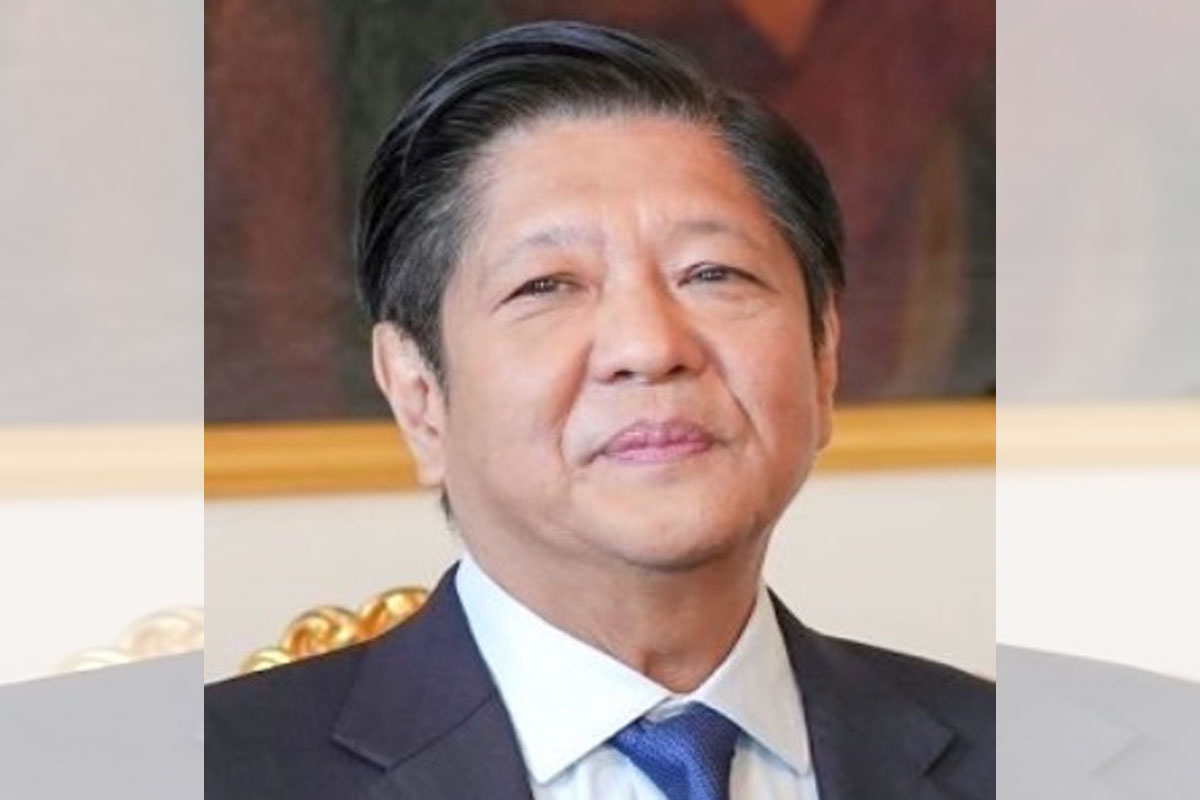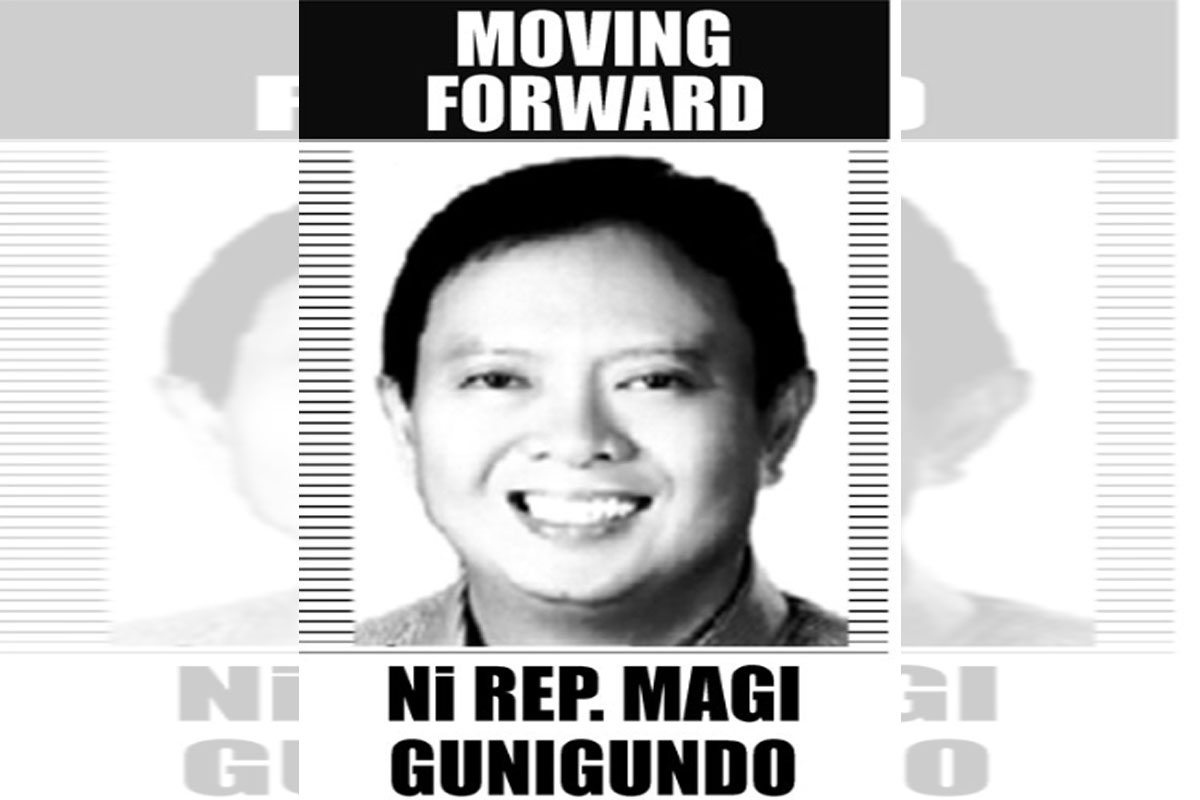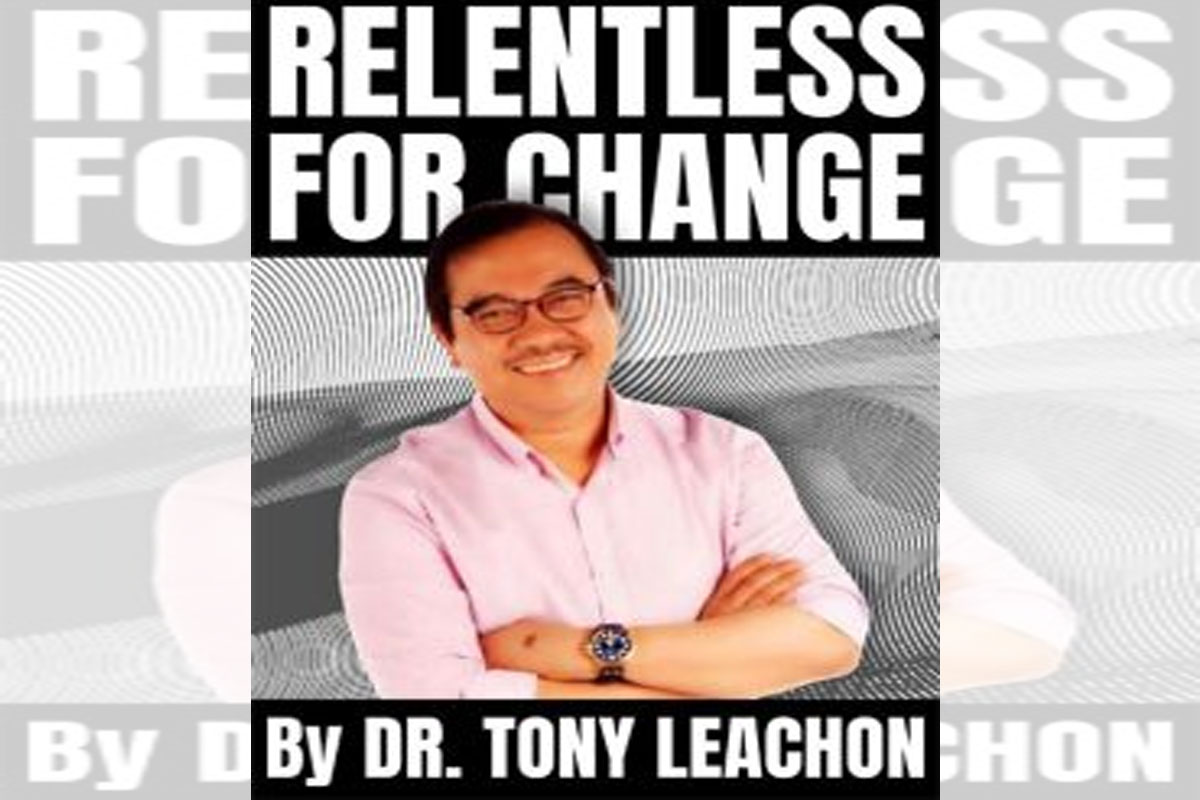
Operation Baklas: A legal opinion
 Since the campaign period commenced last week, we have read and heard various reports of COMELEC/local authorities tearing down campaign materials posted on private property. Even online news about “operation baklas” circulated in social media. Is this act legally acceptable? I asked a former PPCRV Colleague, Atty. Howard Calleja, on his legal opinion on this matter and this is what he has to say:
Since the campaign period commenced last week, we have read and heard various reports of COMELEC/local authorities tearing down campaign materials posted on private property. Even online news about “operation baklas” circulated in social media. Is this act legally acceptable? I asked a former PPCRV Colleague, Atty. Howard Calleja, on his legal opinion on this matter and this is what he has to say:
Let this be made clear: such acts are unconstitutional and illegal for being violative of freedom of speech and one’s right to property. The Supreme Court in Diocese of Bacolod vs. COMELEC (G.R. No. 205728, 21 January 2015) clearly stated that “COMELEC (has) no legal basis to regulate expressions made by private citizens”. While COMELEC cited legal basis for their regulation of tarpaulins posted by private individuals, the Supreme Court debunked their position and explained as follows:
“Respondents cite the Constitution, laws, and jurisprudence to support their position that they had the power to regulate the tarpaulin. However, all of these provisions pertain to candidates and political parties. Petitioners are not candidates. Neither do they belong to any political party. COMELEC does not have the authority to regulate the enjoyment of the preferred right to freedom of expression exercised by a non-candidate in this case.”
Freedom of speech and expression are sacrosanct rights, and in the same case, the Supreme Court further reminded COMELEC that size matters in connection to the exercise of these freedoms. “The form of expression is just as important as the information conveyed that it forms part of the expression […] First, it enhances efficiency in communication. A larger tarpaulin allows larger fonts which make it easier to view its messages from greater distances […]The larger the fonts and images, the greater the probability that it will catch their attention and, thus, the greater the possibility that they will understand its message. Second, the size of the tarpaulin may underscore the importance of the message to the reader […] Certainly, larger segments of the public may tend to be more convinced of the point made by authoritative figures when they make the effort to emphasize their messages. Third, larger spaces allow for more messages. Larger spaces, therefore, may translate to more opportunities to amplify, explain, and argue points which the speakers might want to communicate […]”.
A more educated electorate will increase the possibilities of both good governance and accountability in our government. These points become more salient when it is the electorate, not the candidates or the political parties, that speaks. Too often, the terms of public discussion during elections are framed and kept hostage by brief and catchy but meaningless sound bites extolling the character of the candidate. Worse, elections sideline political arguments and privilege the endorsement by celebrities.
Rather than provide obstacles to their speech, government should in fact encourage it. Between the candidates and the electorate, the latter have the better incentive to demand discussion of the more important issues. Between the candidates and the electorate, the former have better incentives to avoid difficult political standpoints and instead focus on appearances and empty promises. Large tarpaulins, therefore… are fundamentally part of expression protected under Article III, Section 4 of the Constitution. Clearly, then, COMELEC is clearly violating the sacred freedoms of private citizens when it decides to take down materials that private citizens post on their own private property. Regardless of whether the posting in private property is publicly visible or not – such postings remain to be private acts in private properties.
The Supreme Court, in Diocese of Bacolod, already clearly reminded COMELEC that “even though the tarpaulin is readily seen by the public, the tarpaulin remains the private property of petitioners. Their right to use their property is likewise protected by the Constitution… Freedom of expression can be intimately related with the right to property. There may be no expression when there is no place where the expression may be made.”
The take-down of campaign materials on private property, even those that exceed the size limitations imposed by COMELEC on candidates, are unconstitutional and should be stopped. We reiterate that neither the COMELEC or any local government officials has authority to take down any campaign materials of any size, nor arrest any volunteer peacefully exercising their freedom of speech, expression, or assembly.
For COMELEC and local government officials to push through with “Operation Baklas” is tantamount to the commission of unconstitutional and illegal acts. We hope this clarification encourages and emboldens everyone to exercise their freedom of speech and expression and to not let COMELEC or this government silence our voices – especially at such a crucial time in our history.
———————–oOo——————————
For any personal comments or suggestions, you may call 0917-4805585 or email me at [email protected].




















